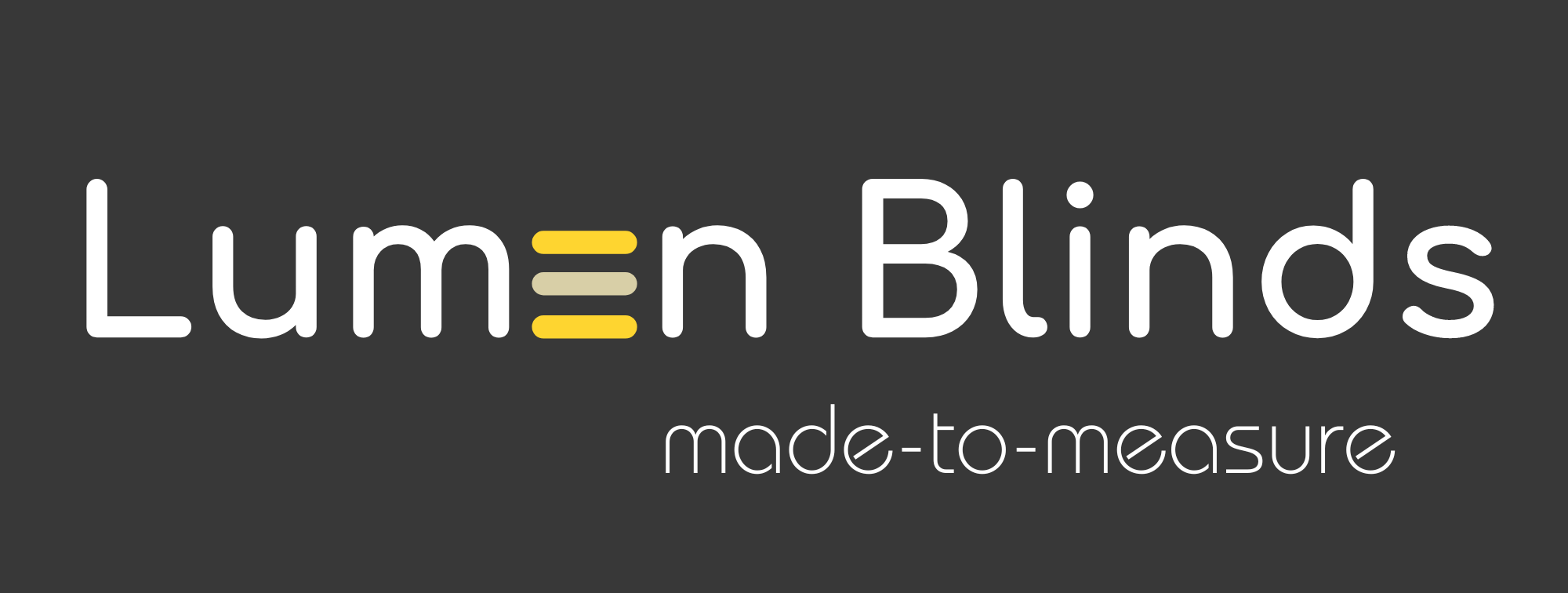April 29, 2022
Blackout & Light-Filtering Window Treatments [User’s Guide]
The decision between Blackout & Light-Filtering Blinds, is about if someone is an early-bird, or night-owl. If the person is an early-bird, blackouts are not for them, light-filtering screen or zebra blinds options will fit for their bedroom. On the other hand, if the person is a dedicated night-owl and care their day sleep, that is completely another story. Blackouts will make your house as it is night time. So it would help if you were asking, “Do I like light or do I want to sleep during the day?” because some people insist that they need light to wake up in the morning. Still, it doesn’t necessarily mean that you will like what happens to your body when exposed to excessive amounts of sunlight. Sleep disorders, headaches, and irritability are a few common problems associated with not sleeping (or attempting to sleep) in total darkness. So before you choose your next set of window treatments, note the differences between these two popular types — blackout & light-filtering blinds — to decide which type would best fit your needs.
There are a few critical differences between blackout and light-filtering window treatments. Blackout window treatments filter out all-natural light, creating a perfect dark space for a movie room, theater, or deep sleep. They work by blocking out all-natural light from entering your home, giving you complete control over the amount of light in your space. Blackout curtains are generally made with heavier materials. Many of these blinds can also be opened during the day to let some natural light in, then closed at night to keep out the light from street lamps or neighbors’ houses, while light-filtering window treatments allow varying degrees of natural light.
Light-filtering window treatments allow some natural light to pass through but reduce glare and help keep rooms from getting too hot due to direct sunlight, making them ideal for living spaces and bedrooms. Some light-filtering shades do more than others; for example, Roman shades are usually 50% effective at blocking out light, but pleated shades typically only filter about 20%. If you live in a mainly sunny climate and want to keep your room from getting too warm, look for something with a high UV-protection rating.
So, which should you choose? The decision between blackout and light-filtering window treatments usually depends on personal preference. No matter which you choose, both offer benefits over traditional curtains. Both provide privacy, UV protection, and insulation. Both are easy to use and clean—pull them down with a cordless lift when you want privacy or darkness, and raise them back up to open up the room again! Both can be easily operated with a cord or motorized.

